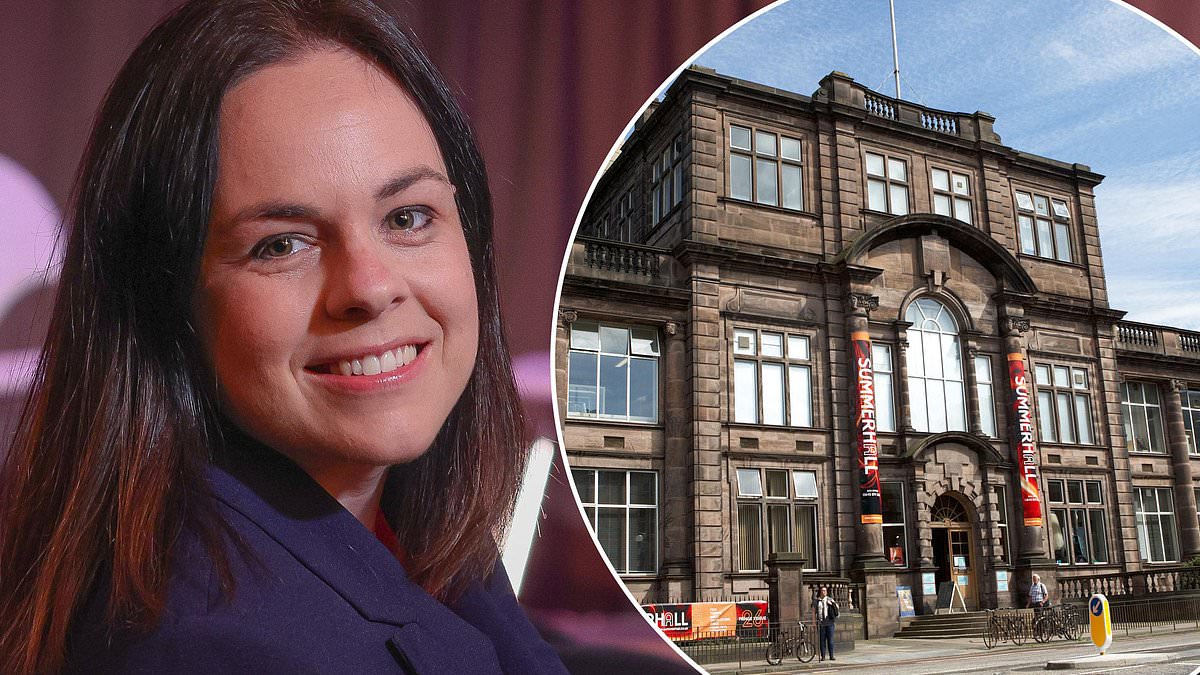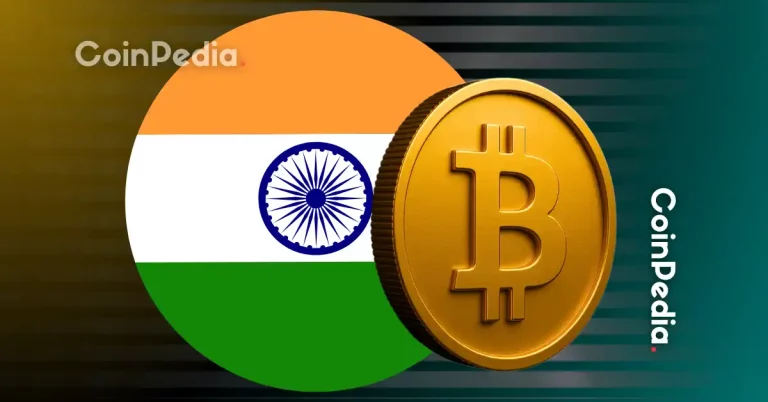
In a series of events that highlight the growing tension between free expression and ideological boundaries, Summerhall Arts and the National Library of Scotland have come under fire for actions viewed as restrictive to open discourse. Recent decisions by both institutions have sparked major debates on inclusivity, censorship, and the role of public funding in the arts and culture sector.
Summerhall Arts and the Kate Forbes Incident
The Edinburgh Fringe became the epicenter of controversy when Summerhall Arts canceled an on-stage event featuring Kate Forbes, the current Deputy First Minister. Summerhall cited concerns over the ‘safety and wellbeing’ of LGBTQ+ artists and audiences, highlighting Forbes’ gender-critical views as the basis of their decision. In a statement, Summerhall emphasized their commitment to ‘proactive inclusion and wellbeing policies,’ drawing mixed reactions across the political and societal spectrum.
Critics have questioned the necessity of such policies for an elected official with mainstream political views. “Are we talking about the same Kate Forbes?” one skeptic asked. Forbes, a practicing Christian and staunch advocate of free speech, became the latest figure targeted by those who equate certain beliefs with harm.
This isn’t the first time the Edinburgh arts scene has faced scrutiny over restricting speech. The 2023 Joanna Cherry incident, which resulted in an apology from The Stand Comedy Club after attempting to cancel her appearance, set a concerning precedent for suppressing gender-critical voices.
National Library of Scotland and the Controversy Over ‘The Women Who Wouldn’t Wheesht’
The National Library of Scotland (NLS) recently found itself in hot water over its decision to exclude The Women Who Wouldn’t Wheesht from its ‘Dear Library’ exhibition. This book, a collection of essays edited by Susan Dalgety and Lucy Hunter Blackburn, documents women’s resistance to the Gender Recognition Reform Bill. It features contributions from authors with diverse political views and sheds light on one of Scotland’s most significant political movements in recent history.
Reports suggest that some NLS staff objected to the book, labeling it as ‘hate speech’ and claiming its inclusion might cause ‘severe harm.’ In response, NLS removed the book, sparking backlash from advocates of free expression. Some donors have allegedly withdrawn their support, and the decision has ignited a wider conversation about the role of libraries and cultural institutions in fostering open dialogue.
The State of Free Speech in Scottish Cultural Institutions
These incidents bring into focus the ideological tightrope cultural leaders must walk in an increasingly polarized society. While inclusivity and safety are important goals, critics argue that suppressing divergent viewpoints undermines the core tenets of a liberal society. Furthermore, when publicly funded institutions engage in actions perceived as ideological gatekeeping, it raises questions about their accountability to taxpayers.
Opponents of these recent decisions argue for a need to restructure funding priorities. Public money, they claim, should support organizations that embrace diverse perspectives and champion free expression rather than suppress dissenting views.
Conclusion: A Call for Balance
Arts and cultural institutions like Summerhall and the National Library of Scotland are vital for fostering societal growth and understanding. However, the recent controversies demonstrate the need for balance—protecting marginalized groups while upholding the principles of free speech and intellectual curiosity. As public backlash mounts, these organizations must evaluate their policies and decide whether they reflect the values of a liberal society or veer too far into restrictive ideological orthodoxy.
The ongoing debates around inclusivity and free expression will undoubtedly shape the future of Scotland’s cultural landscape. It remains to be seen whether institutions will adapt and embrace true diversity of thought or double down on practices perceived as censorship.




